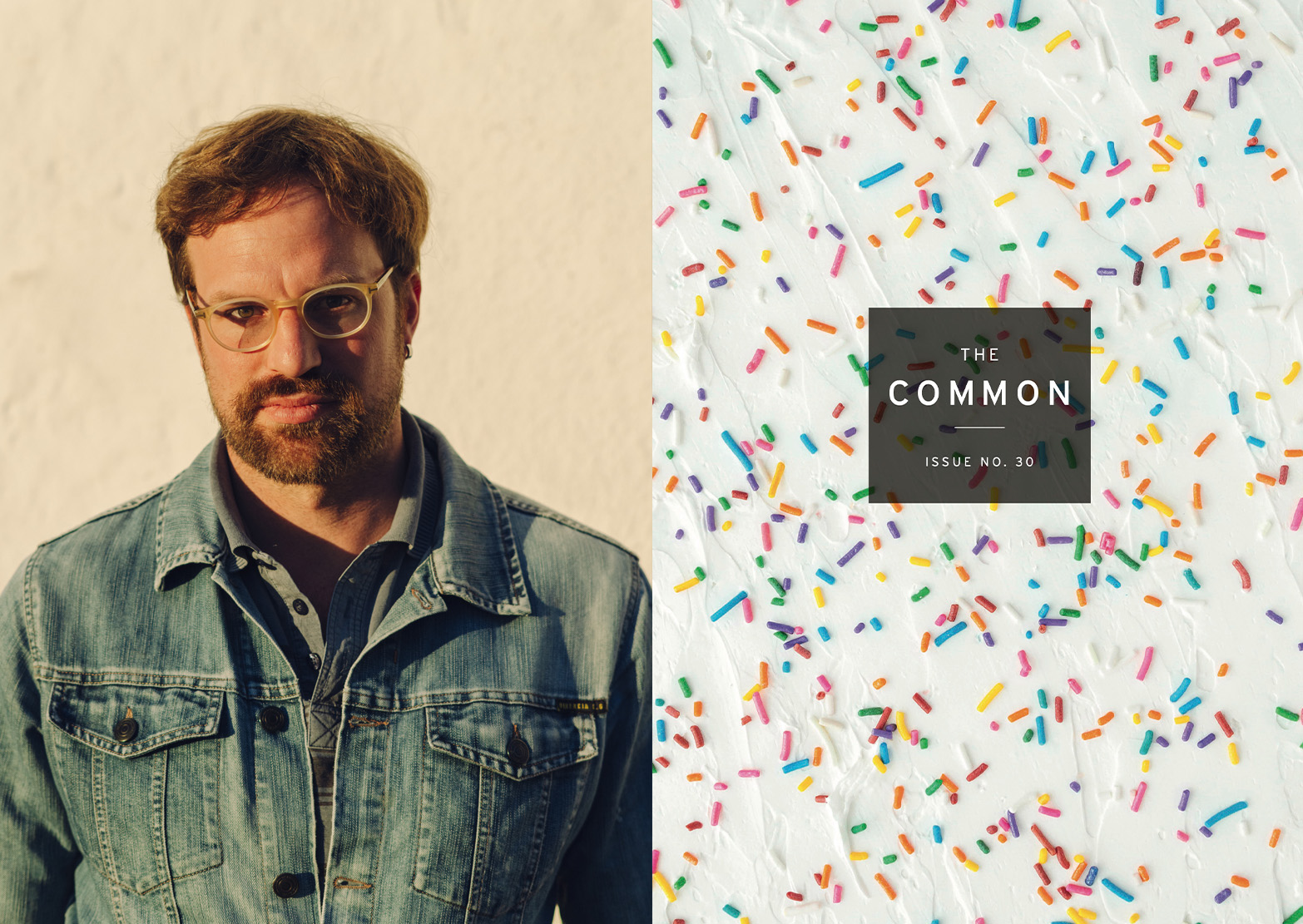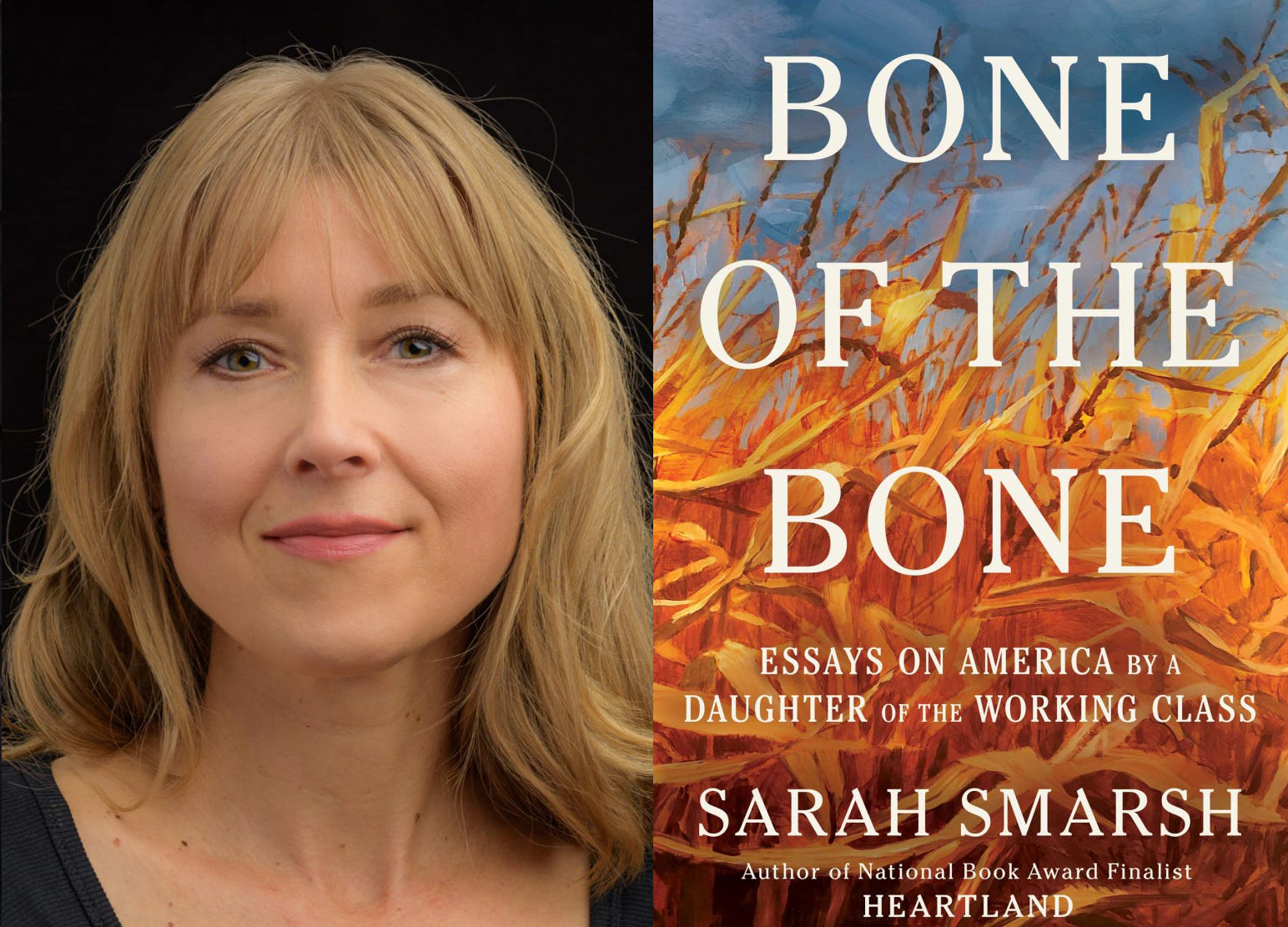Transcript: Mona Kareem Podcast
Mona Kareem speaks to managing editor Emily Everett about her essay “Mapping Exile: A Writer’s Story of Growing Up Stateless in Post-Gulf War Kuwait,” which appears in a portfolio of writing from the Arabian Gulf, in The Common’s fall issue. In this conversation, Mona talks about her family’s experience living in Kuwait as Bidoon, or stateless people, and why examining and writing about that experience is important to her. She also discusses her work as a poet and translator, her thoughts on revision and translation, and why she sometimes has mixed feelings about writing in English.

On writing an essay that includes family trauma:
“I wanted to write an essay about the specific experience of being an asylee, but also stateless—these two forms of violence meeting each other. But in the end I found that exile and displacement is not something I experience alone. It runs in my family, in a circle. So this essay was an effort to trace that, to try to tell a multi-generational story of displacement through my own experience.”
On what it means to be Bidoon in the Gulf:
“Bidoon people are not a monolith. We are like many other groups in the Arab Gulf, and really across the third world, who found themselves in this situation because nation-states were born. Nation-states are arbitrary and their borders are arbitrary. The Arabian peninsula was once one region. When this reality changed, we became the people stuck in this new reality. We are native, but we are stateless. How do you reconcile these two contradictions?”
On self-translation:
“When I started writing in English, I really felt guilty. I felt like I had betrayed my own language. It felt like I was being removed again from my natural place. So to comfort myself, I tried to research who before me had gone through this experience. It was so beautiful to see that I’m not alone.”
Mona Kareem is the author of three poetry collections. She is a recipient of a 2021 NEA literary grant and a fellow at the Center for the Humanities at Tufts University. Her work appears in The Brooklyn Rail, Michigan Quarterly Review, Fence, Ambit, Poetry London, the Los Angeles Review of Books, Asymptote, Words Without Borders, Poetry International, PEN America, Modern Poetry in Translation, Two Lines, and Specimen. She has held fellowships with Princeton University, Poetry International, the Arab American National Museum, the Norwich Center for Writing, and Forum Transregionale Studien. Her translations include Ashraf Fayadh’s Instructions Within and Ra’ad Abdulqadir’s Except for This Unseen Thread.
Read Mona’s essay in The Common at thecommononline.org/mapping-exile-a-writers-story-of-growing-up-stateless-in-post-gulf-war-kuwait.
Read her ArabLit essay about self-translation here. Read more at monakareem.blogspot.com.
Follow her on Twitter at @monakareem.
If you require a transcript or other accessible format, please contact us at info@thecommononline.org.
The Common is a print and online literary magazine publishing stories, essays, and poems that deepen our collective sense of place. On our podcast and in our pages, The Common features established and emerging writers from around the world. Read more and subscribe to the magazine at thecommononline.org, and follow us on Twitter @CommonMag.
Emily Everett is managing editor of the magazine and host of the podcast. Her stories appear in the Kenyon Review, Electric Literature, Tin House Online, and Mississippi Review. She holds an MA in literature from Queen Mary University of London, and a BA from Smith College. Say hello on Twitter @Public_Emily.



